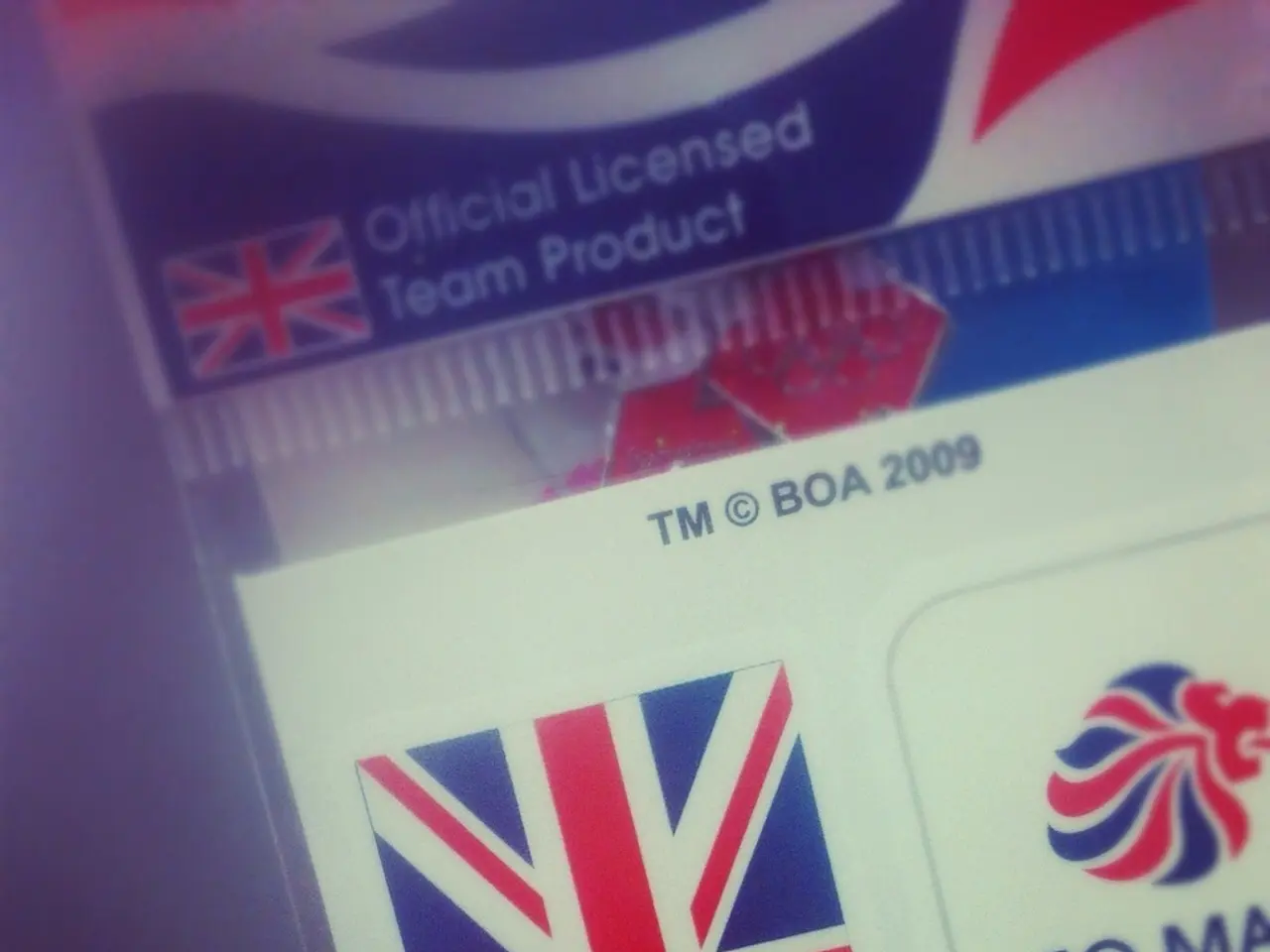Politicians' identification documents forged in a phony ID generator as a form of protest against the Online Safety Act
In the digital world, the UK's Online Safety Act has stirred up quite a storm. This legislation, which came into full effect on July 25, 2025, requires websites with adult or sensitive content to implement robust age verification methods. Critics argue that these measures are invasive, complex, and potentially harmful to privacy, sparking a backlash, including over 460,000 signatures on a petition calling for at least part of the act to be repealed.
One satirical response to these rules is the website "Use Their ID." This site, a playful protest, encourages users to "share" their ID data, underscoring the privacy concerns and absurdity some see in forcing personal identity submission online. The site satirizes the invasive nature of the Act’s age verification by highlighting potential privacy violations and the difficulty of maintaining anonymity and security in online spaces under these regulations.
The "Use Their ID" site is an AI-based system, but it uses Python script, Cairo, Skia, and the FreeType library. The creator of the site suggests that if a data leak occurs, it could be humorous to see MP's IDs in the leak. However, it's important to remember that users should never use a fake ID for any genuine purpose, even as a protest.
The purpose of the site appears to be to remind visitors to write to their MPs if they want to comment on or complain about the Online Safety Act, as they were the ones who passed the Act. If you live in the UK, you can find your MP's details via your postcode at the official parliamentary website.
The Online Safety Act applies broadly, covering not just pornographic content but also platforms addressing issues like suicide, self-harm, and eating disorders. Critics argue that these broad categories could make it difficult for companies to implement the Act without risking heavy fines or legal consequences. Additionally, high-profile organizations like the Wikimedia Foundation have legally challenged parts of the Online Safety Act, citing worries about threats to platforms like Wikipedia and their contributors due to stringent and unclear regulation categories.
The controversy boils down to a conflict between protecting children online and preserving privacy, freedom of expression, and manageable compliance for online platforms. It's recommended to avoid handing over personal data unless necessary, and to question the need for any optional information requested by an online service. If you run an online service that collects PII, it's important to make it easy for users to understand how you use, keep, and delete their data.
Online ID checks are often outsourced to cloud-based services, often based in other countries. This could potentially lead to an increase in Personally Identifiable Information (PII) being steered offshore, a concern raised by critics. The ever-increasing PII collection could ultimately turn into a liability for many people, rather than serving as a safeguard.
In conclusion, the "Use Their ID" site exemplifies public frustration with the perceived overreach and privacy risks of the Act’s age verification mandates. As the debate continues, it's crucial to maintain open dialogue about the balance between online safety and privacy rights.
[1] The Guardian: Online Safety Bill: Why is it so controversial? [2] BBC News: Online Safety Bill: What's the controversy? [3] The Telegraph: Online Safety Bill: What are the concerns? [4] Wikimedia Foundation: Legal Challenges to the Online Safety Act
- The "Use Their ID" website, a satirical response to the UK's Online Safety Act, highlights the concerns over privacy violations and the complexities of maintaining security in online spaces as a result of the mandated age verification.
- The controversy surrounding the Online Safety Act lies in the balance between protecting children online and preserving privacy, freedom of expression, and manageable compliance for online platforms, as policies and legislation continue to play a significant role in shaping the technology landscape.




